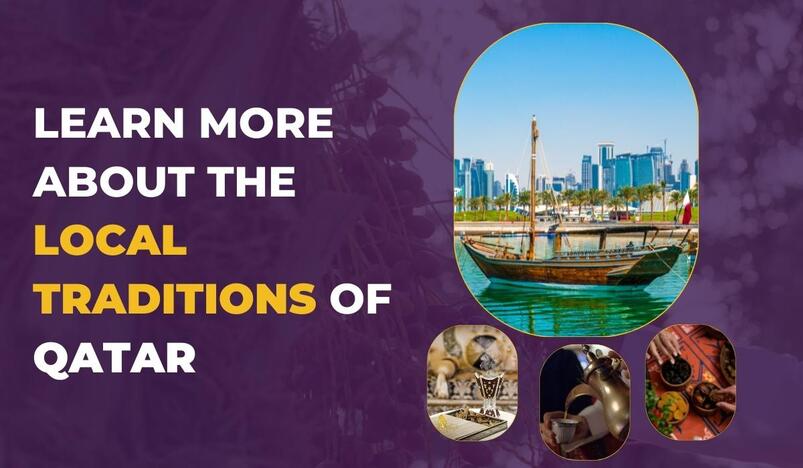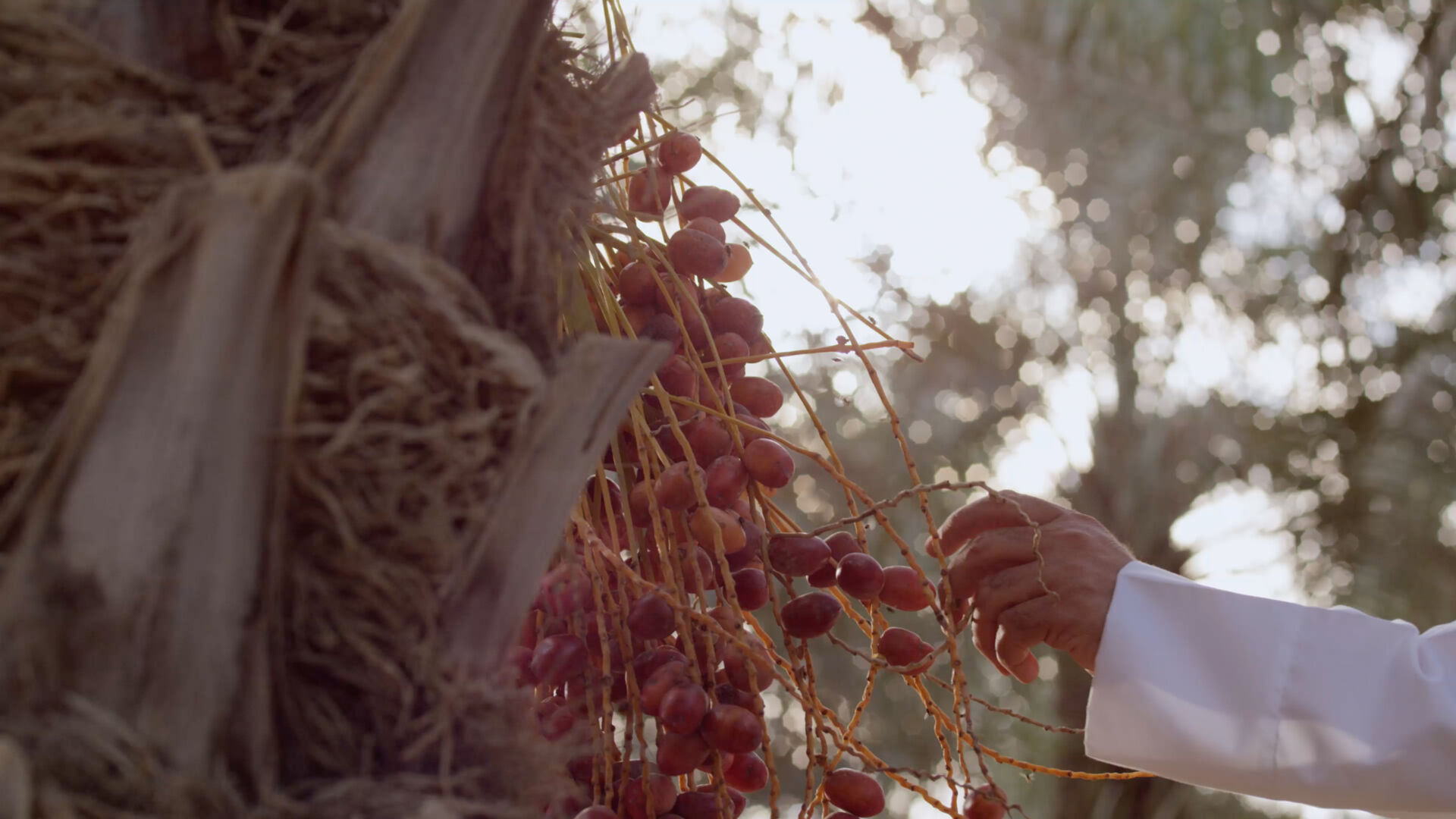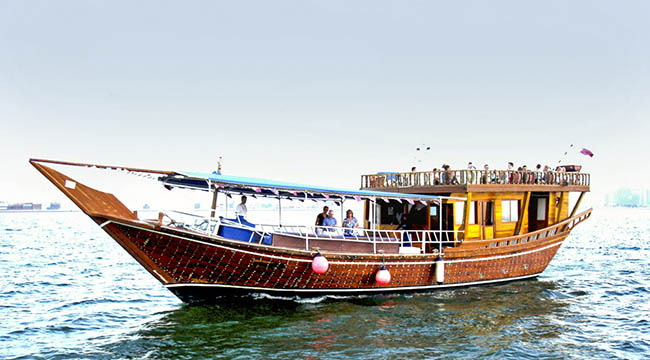
Here are some of the traditions of Qatar that are central features of Qatari life!
Qatar is rich in culture and traditions. Traditions of Qatar have been followed for decades, enriching the country and building a strong foundation for the future of the country, which is rooted in their culture. Here are some of the traditions of Qatar that are central features of Qatari life:
Date Cultivation
One of the oldest trees on the Arabian Peninsula, date palms are the principal fruit trees grown in Qatar. Packed with nutritional benefits, they have long been important in the region, with Qatar the sixteenth-largest date-producing country in the world.
Serving Arabic coffee and dates remains a symbolic expression of hospitality in Qatar. Sweet and sticky, date syrup has been used in eastern Arabia for centuries, and is extracted with a madbasa, a traditional date press.
Examples of these date presses can be seen in the town of Al Zubarah, revealing the importance of dates to Qatar’s early culture and economy, as well as for meeting the nutritional needs of the local population.

Arabic Coffee
The serving of traditional Arabic coffee plays a special role in Qatar as an expression of hospitality and welcome. Freshly ground and flavoured with cardamom and other spices, the coffee is served from a distinctively shaped pot (called dallah) in tiny cups with no handles.

Bukhoor
Incense is very popular in Qatar and throughout the region. Made from scented wood, it is burned in a special incense burner called a mabkhara to produce a rich smoke to perfume the home and clothing. As a show of hospitality, visitors are often invited to waft the smoke around themselves.

Dhow Boats
Qatar is a country inextricably tied to the sea. For generations, fishing, pearl diving and trading provided a livelihood for much of the population. Traditional wooden dhows, largely unchanged in design over the years, are a remnant of this seafaring tradition and still ply Qatar’s waters today.
Boats were built by qalalif, and the craft of traditional boat building is kept alive through a number of specialised dhow workshops across the Arabian Gulf, such as the Emiri Shipbuilding Workshop in Qatar.
There are many types of wooden dhows, based on design, usage, and size, and with specific names such as Sanabeck, Tieeh, Jalbout, Al Baggara.

Oud
Also known as 'liquid gold', oud is made from a rare dark resin found in the agar (aquilaria) tree, a species indigenous to Southeast Asia. Used for thousands of years in the Middle East and Asia, today oud is popular all over the world, recognisable as the ingredient that gives many popular ‘oriental’ perfumes their distinctive rich and woody fragrance.
In the Middle East, oud is commonly available in the form of wooden incense chips, body oils and fragrance, and is a fixture in both Arab homes and at important ceremonies.

Pearls
For centuries, pearls were an important export for Qatar. Although the country’s economy has long since evolved, Qatar still maintains an affinity for these unique natural treasures.
Today, visitors can find an excellent selection of genuine pearl jewellery at fine retailers across the country; for the best deals, head to Souq Waqif and the Gold Souq in Doha.

Source: Visit Qatar
.jpg)
Qatar Secures Place Among the World's Top 10 Wealthiest Nations
.jpg)
Hamad International Airport Witnesses Record Increase in Passenger Traffic

Saudi Arabia: Any visa holder can now perform Umrah

What are Qatar's Labour Laws on Annual Leave?
Leave a comment